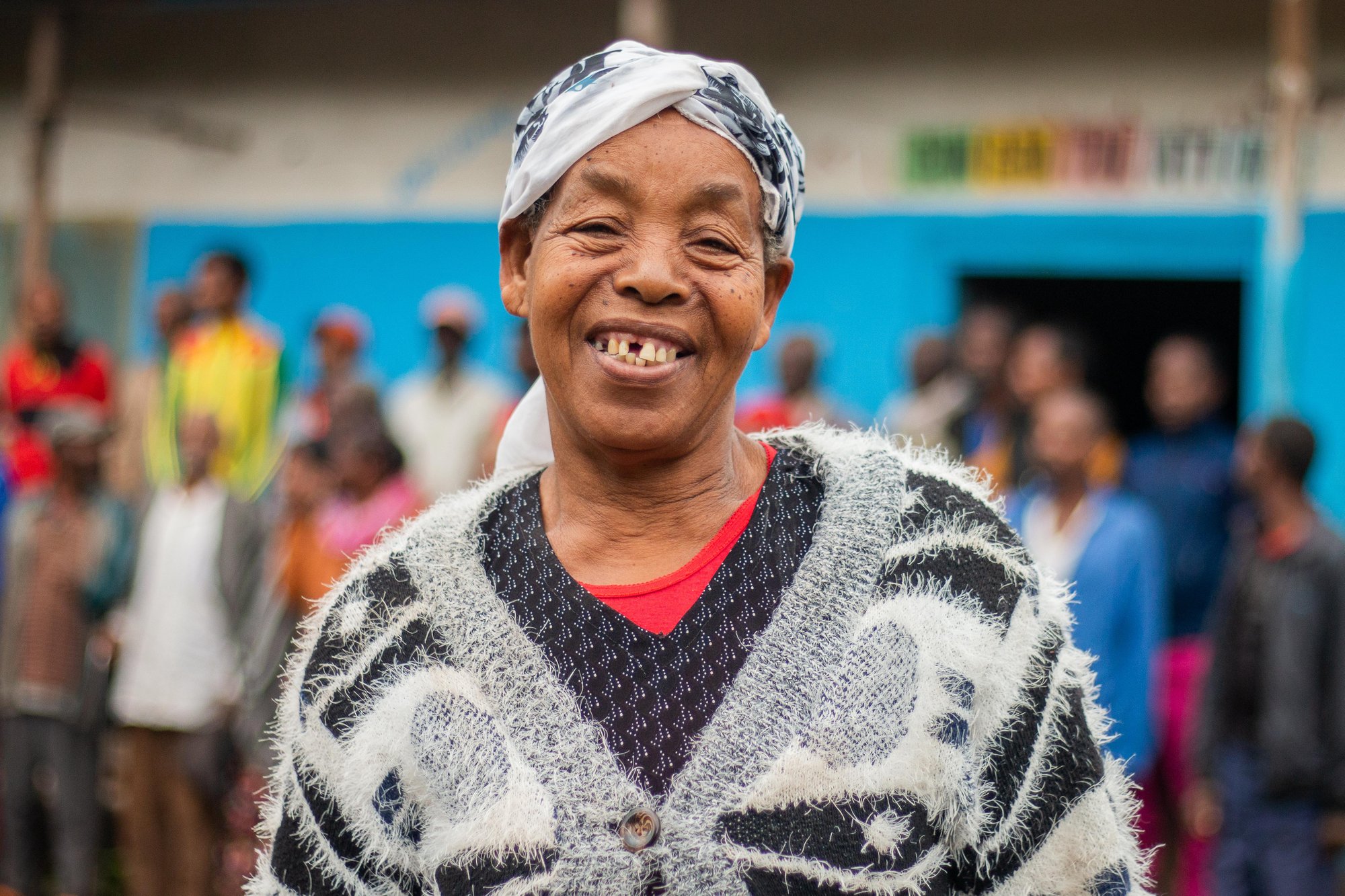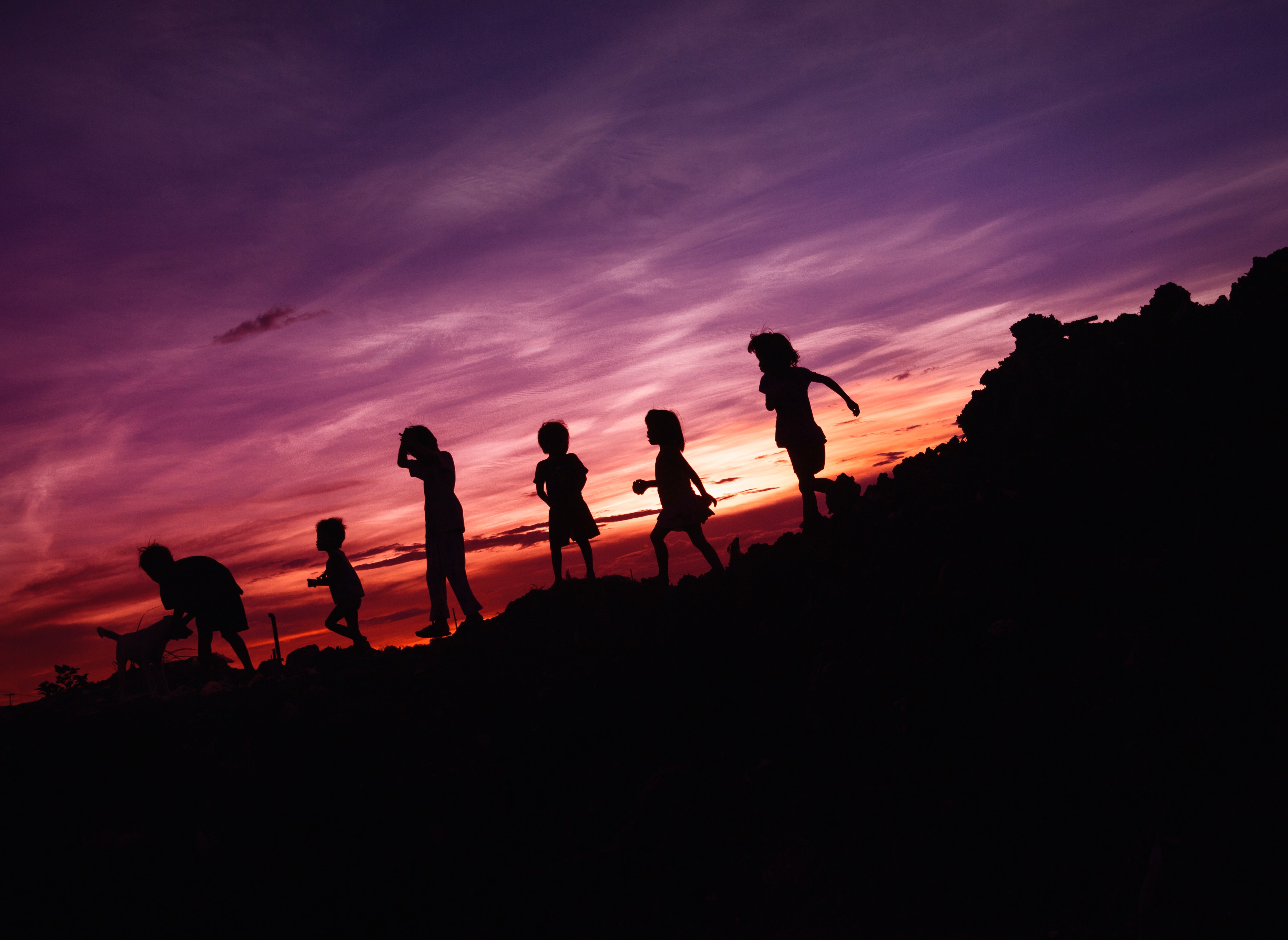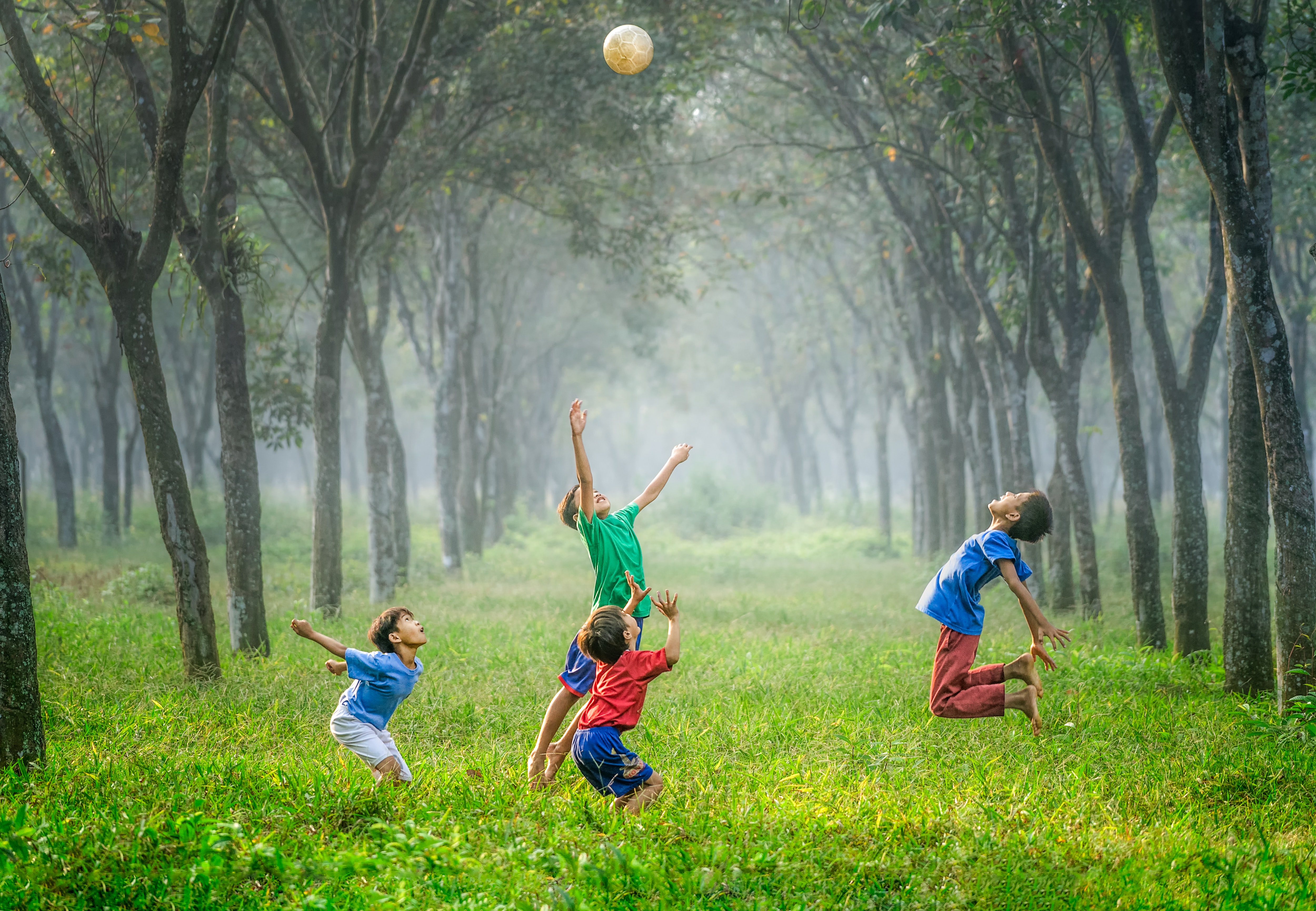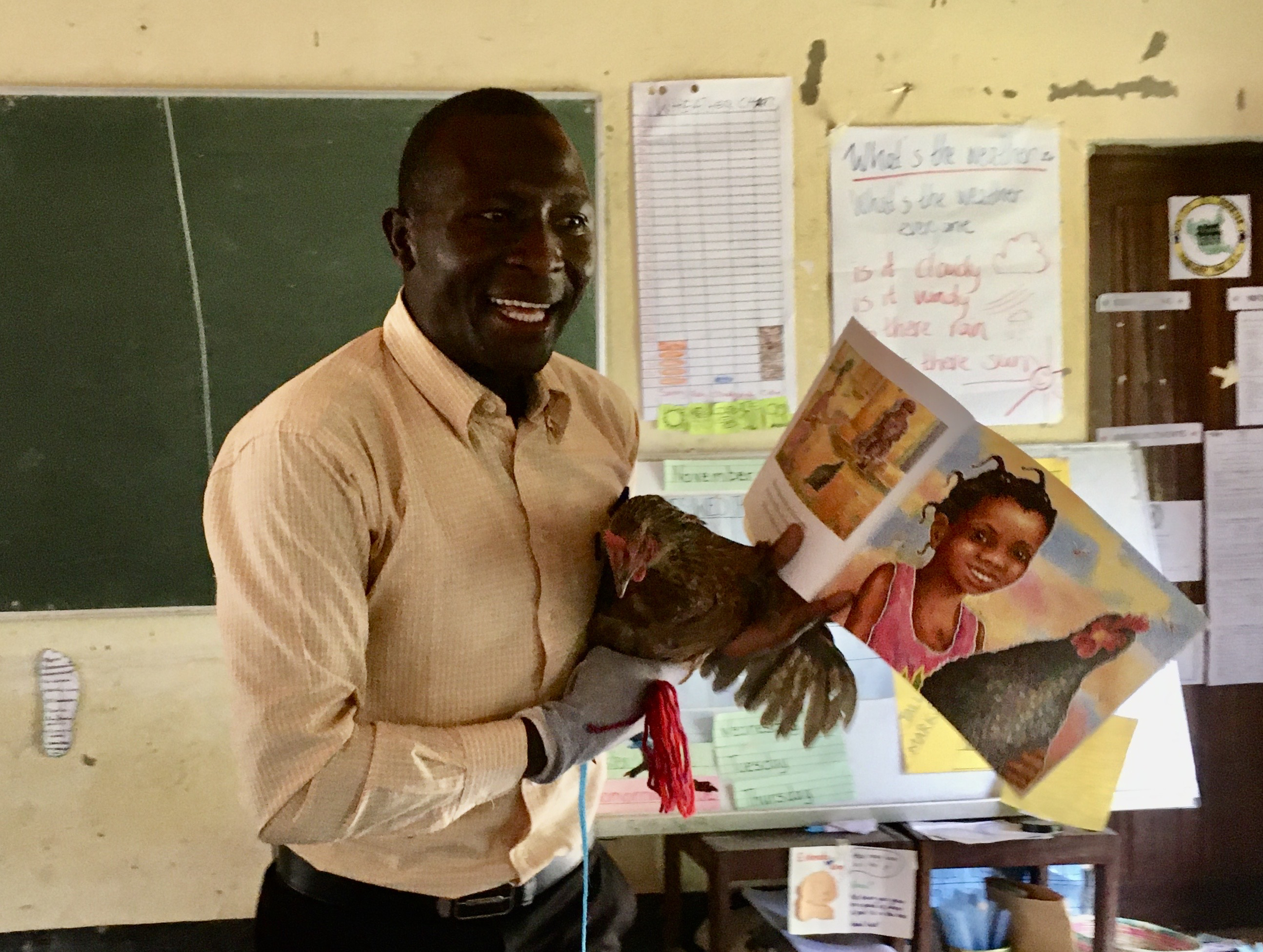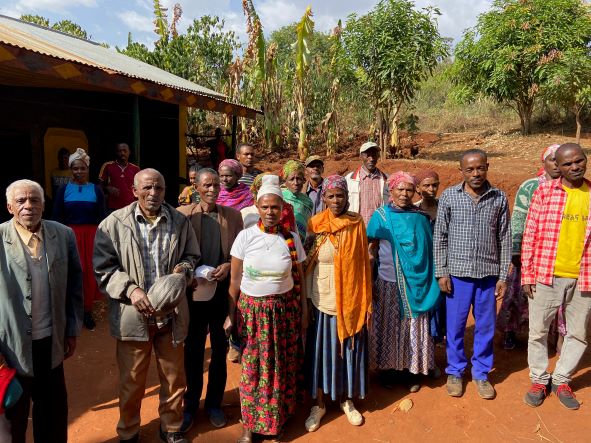
We are living in extremely challenging times. Geo-political conflicts are resulting in millions of people being displaced from their homes, forcing them to seek refuge in other countries. There is increasing concern of rising inflation and shortage of fuel, wheat and grain. Health care services around the globe continue to strain under the effects of the coronavirus, and we have yet to identify the broader impacts on the well-being of people following the pandemic. Experts repeatedly warn of the dangers caused from globally rising temperatures and we’ve witnessed food shortages, crop failures and weather events which impact those in low-income countries more severely.
_RGB_AW.png?width=273&height=130&name=TF_Global_Logo_(Ireland)_RGB_AW.png)
